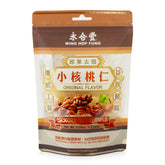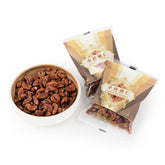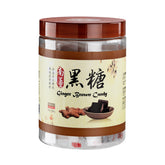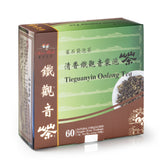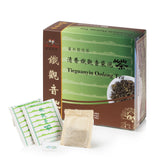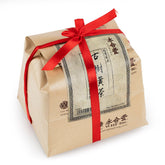Bird’s Nest: A Rare Treasure

Bird’s nest has been a highly valued delicacy in Chinese culture since the Tang Dynasty (618–907 A.D.) Eating bird’s nest was once considered a symbol of social status in ancient Chinese society, food for Emperors and Empresses, due to its rarity and expense. Today bird’s nest is a treasured source of collagen for complexion beauty and joint health.
Each year export of edible bird’s nest from Indonesia is at least 1,100 tons. The largest number of consumers are in Hong Kong and North America. Bird’s nest, a nutritious vegan food, costs $2,000 – $10,000 USD per kilogram and is called “Caviar of the East.”
What is Bird’s Nest?

Bird’s Nest is created from the hardened saliva of swiftlets. Erodramus (echolocating swiftlets) and Collocalia (non-echolocating swiftlets) are among the two genera of swiftlets known to produce valuable bird’s nest. Traditionally, daring men scaled dangerously steep inner walls of Indonesian limestone caves to collect the empty nests after the birds had flown. Today nests are harvested from large concrete structures built to resemble caves. Following a modern cleansing process, including soaking, steaming, and removing dirt and baby bird feathers, the clean nests are closely inspected and prepared for market.
Superfood Nutrition
Bird’s nest is mainly glycoprotein which is about 70% collagen as well as calcium, sodium, potassium and carbohydrate. Some other major ingredients are essential trace elements such as phosphorus, iron, iodine and 18 of the 20 essential amino aci+ds.
Scientific Studies
Bird’s nest is studied for its extremely high nutritional and proven therapeutic value. Scientists call it EBN edible bird’s nest. According to data published at the National Institutes of Health, bird’s nest has been recommended for many health benefits, including boosting immunity:
- Cancer prevention
- Increase bone mass and strength
- Asthma and upper respiratory tract illnesses
- Neurological and intellectual function development in infants
- Anti-aging, slows skin aging in post-menopause
- Phlegm-dissolving, cough-suppressing, voice-improving
- Anti-tuberculosis
- Curing general debility and asthenia
- Speeds recovery from illness and surgery.
Bird’s Nest in Traditional Chinese Medicine
According to TCM bird’s nest treats malnutrition, improves metabolism, boosts the immune system and rejuvenates the complexion (Bashir et al., 2017).
Today Bird’s nest is mainly used is to supply collagen to beautify skin texture and elasticity.
There are many other traditional medical uses of bird’s nest. It improves:
- Tuberculosis, asthma, weakness of bronchial ailment, breathing
- Asthenia, chronic fatigue
- Gastric troubles, low metabolism
- Strengthens lung and kidney
- Improves the spleen
- Enhances appetite and clears phlegm
- Boosts Immunity
- Enhances Libido
- Improves concentration
- Improves circulation
- Slows aging
- Enhances brain health
Composition of Bird’s Nest

Protein is the major component used for constructing human cells and tissues and consequently driving other metabolic functions. Based on studies, the average protein content in bird’s nest is as high as 70% made of collagen. The main carbohydrates present in bird’s nest facilitates development of a structure in the brain that repairs neuronal cells, memory formation and synaptic transmission.
- Wing Hop Fung set up bird's nest processing plant in Bali, Indonesia
- Three times more manpower and sanitation equipment than the same industry to ensure safety and reliability
- 100% natural, no bleaching, no additives, no preservatives
Color: Unbleached, Grade: Five Stars
Shelf life: three years
Storage method: Store in a cool, dry place or below 41°F. This products is suitable for everyone: pregnant women, men and women. Daily dosage: 2-3 grams for daily maintenance, 3-5 grams per day for pregnant women
Method of preparation for the swallow's nest: Soak in cold water for 6 hours or overnight, change the water twice, clean any lasting foreign particles. The nest expands after soaking. Simmer in a double boiler for 30 minutes. It tastes smooth and clean after stewing. It can be cooked with sweet fruit such as an Asian pear or add red dates and goji berries.
Wing Hop Fung Bird’s Nests are cultivated in protected estates where top quality is guaranteed. The ecology yields a productive environment for these rare birds to produce this highly valued delicacy.
All BIRD'S NESTS MUST BE REFRIGERATED. NEXT DAY SHIPPING or 2ND DAY SHIPPING. Other shipping options cause deterioration of the products. Purchases are not refundable.
Birds Nest Studies available from National Institutes of Health
https://www.ncbi.nlm.nih.gov/pmc/articles/PMC8089372/
VIDEO:

